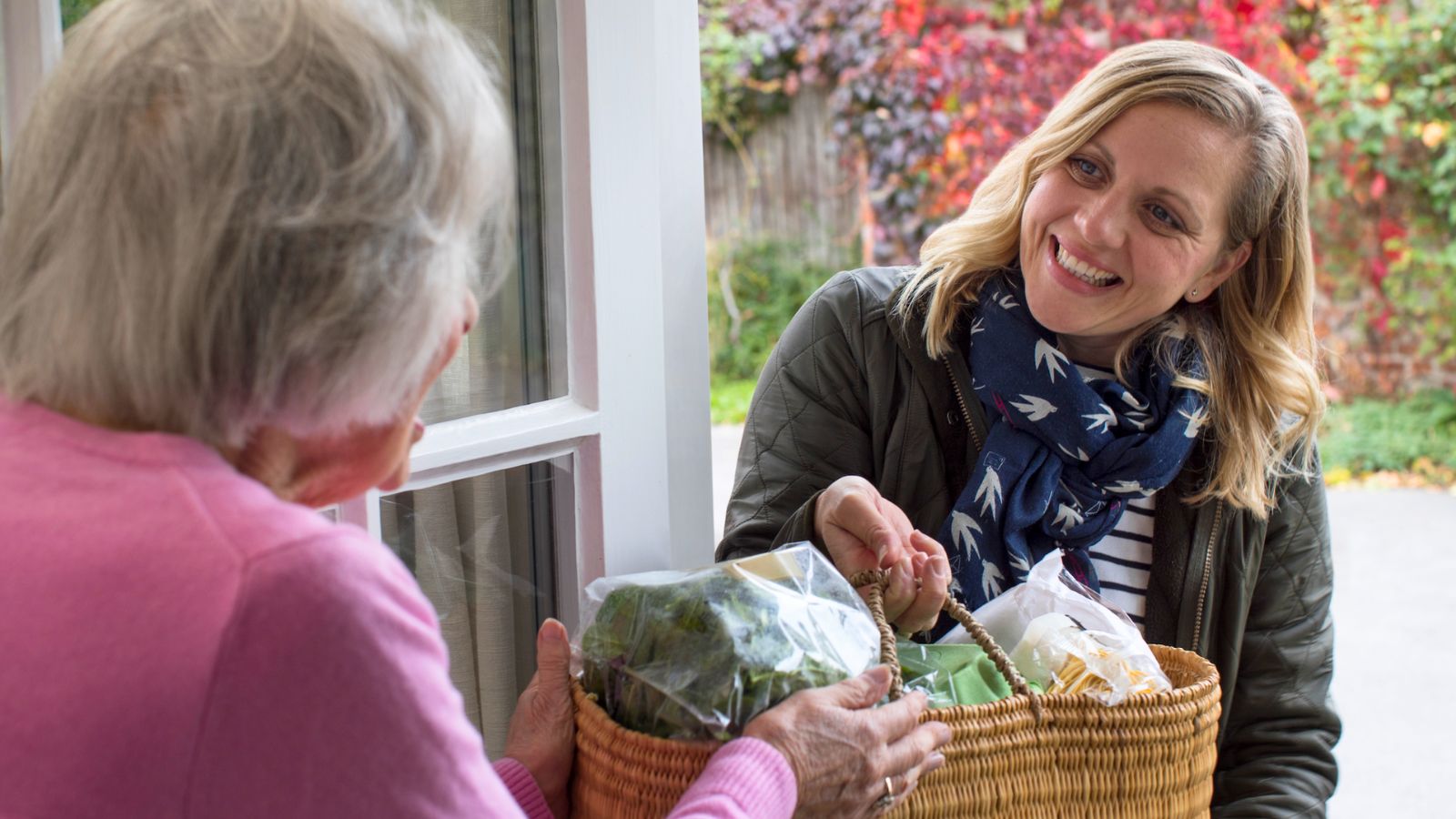With technology deeply embedded in our daily routines, our dependence on electricity has never been higher. A prolonged power outage could bring significant challenges, so it’s wise to be prepared. Here’s a guide to essential skills that can help you manage and adapt during an extended loss of power.
Gardening and Foraging

Creating a vegetable garden is a good way to sustain yourself in the event that your power goes out and your fridge is rendered useless. You’d need to dig over an area of your outdoor space and plant any seeds you have. You will also most likely be able to find fruits, berries, mushrooms, and edible plants in your local area, but it’s essential to know if you’re picking the right species.
Communication Skills

In order to support one another and share information, you may need to communicate with your community network. If you’re unable to go to them, you could use signaling methods such as mirrors, smoke or whistles, or, in the event of an emergency, a flare.
Food Preservation

Meat and vegetables will quickly degrade without refrigeration, so it’s important to learn how to preserve them with methods such as air drying, salting, fermenting, and canning. According to the UoM, “dehydration is one of the oldest methods of food preservation… When foods are sufficiently dehydrated, microorganisms cannot grow, and foods will not spoil.”
Physical Fitness

Maintaining your physical fitness will not only be a welcome distraction and provide enrichment for long days, but it will also help you to maintain your health and improve your strength for the physical tasks you may face. Incorporating a balance of cardiovascular, strength, and flexibility training is the healthiest approach.
Mental Resilience

You can manage your stress levels by using strategies such as mindfulness, deep breathing exercises, and maintaining social connections. Keeping a routine will also help to provide a sense of normality and control in uncertain times.
Navigation Skills

Without access to digital navigation, you can use a map and compass for basic navigation, including planning routes and scoping out your local area. Maps will also show you features of the terrain, such as elevation levels, water bodies, and manmade structures.
Waste Management

You may benefit from building a composting toilet to manage human waste hygienically. According to Home Biogas, “All you need for the simplest model of a DIY composting toilet is a structure similar to a wooden box that enables you to add a toilet seat over a five-gallon bucket.”
Animal Husbandry

If you plan on keeping livestock, it is essential to give them proper nutrition, safe shelter, clean water, and regular health checkups. They’ll need adequate space to move and graze, and their shelter will need to be kept clean in order to prevent disease.
Solar Power Basics

If you have access to a solar panel, this could provide you with much-needed power for essential items. A deep cycle battery is best for providing sustained power and will also withstand being constantly charged and discharged, unlike other batteries.
Bartering and Negotiation

Items that are likely to be in high demand during a power outage include food, water filters, and fuel. These could be used to barter for things you need or help with projects. Building trust within your community is essential to ensuring honest and reliable trade.
Home Security

As people become desperate for commodities, there may be an increased security risk, so it’s important to physically secure your home. You should try to reinforce doors, windows, and other entry points, and develop a safety plan with evacuation routes, meeting points, and communication plans.
Clothing and Insulation

Basic sewing skills will help extend the life of your clothing, so it’s a good idea to have a sewing kit that includes needles, thread, safety pins, and scissors. You can also use clothing to maintain your body temperature, and natural fibers such as wool, cotton, and linen are best for this.
DIY Tool and Equipment Maintenance

Basic, manual tools will be essential, so it’s important to learn how to look after them. Blades should be kept sharp, and you should also regularly clean and oil your tools. It’s also important to store them away from damp areas to prevent rust.
Candle-Making

Candle-making is a simple way to create a light and heat source for evenings. Outdoor Life says, “All you need to make candles is wax, a heat source for melting the wax, plant-fiber wick material, and a container. In its simplest form, a candle can be made by melting down a block of paraffin in an old soup can, pouring the warm wax into an empty jar, and sinking a jute rope wick down into the melted wax.”
Basic First Aid

You may need the knowledge to be able to carry out basic first aid techniques such as CPR, wound care, and managing fractures or sprains. It’s also a good idea to have a well-stocked first aid kit, which should include bandages, antiseptics, and essential medications.
Fire Making

Fires can be started using a variety of methods, including the use of flint and steel, bow drills, or magnifying glasses. If you do light a fire, make sure you create a safe perimeter, monitor wind direction, and ensure it’s fully extinguished once you’re finished.
Water Purification

Water can be purified by boiling, using chemical purifiers, or with solar disinfection to make it safe to drink. According to the National Park Service, “Boiling is the best way to kill disease-causing organisms, including viruses, bacteria, and parasites.”

